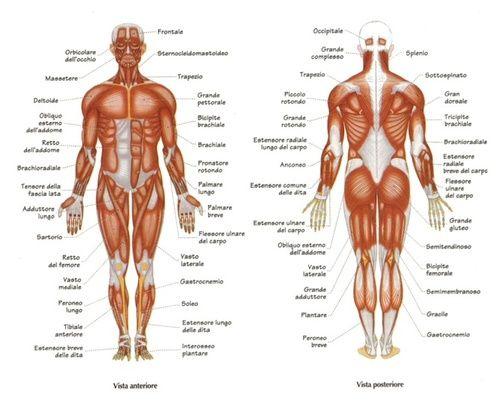A vitamin D deficiency impairs the proper functioning of the bones causing diseases such as rickets e Osteoporosis. Let's find out the causes, consequences and foods to supplement it.
> Symptoms of Vitamin D Deficiency
> The cause
> Nutrition against vitamin D deficiency

Symptoms of Vitamin D Deficiency
La vitamin D is a fat-soluble vitamin which can be assimilated both through food and with exposure to the sun's rays. The action of ultraviolet rays activates a form of cholesterol present in the skin and converts it into vitamin D.
Vitamin D deficiency impairs bone function, causing diseases such as osteoporosis, rickets, osteomalacia. A deficiency of vitamin D results in an abnormal absorption of calcium by the intestinal tract and a retention of phosphorus in the kidneys, causing a defective mineralization of the bone structure.
The bones then become weak and skeletal deformations such as arching of the legs and spine, enlarged wrist, knee and hip joints.
It also often happens that the muscles develop poorly, become numb and causing tingling and twitching. Among the symptoms of vitamin D deficiency there is also a tendency to nervous irritability.
Vitamin D among the natural remedies for muscle health

The causes
Vitamin D deficiency can develop due to several factors, first of allinadequate food intake and insufficient exposure to sunlight.
Sometimes it also happens that an increased need for vitamin D occurs, with a relative high consumption, associated with impaired absorption or with particular pathological conditions, such as kidney or liver diseases, which compromise its conversion and use.
Celiac disease is also indirectly linked to a lack of vitamin D, as fats, calcium salts and vitamin D are not absorbed, but are excreted with the stool.
Another cause of vitamin D deficiency can be decreased ability of the skin to synthesize it, due to the passing of the years, or to that of the kidneys to carry out the last transformation necessary to activate it. At high risk of deficiencies are alcoholics, those suffering from kidney failure or having undergone bowel operations, those suffering from liver failure, cystic fibrosis, pancreatitis or biliary cirrhosis.
Nutrition against vitamin D deficiency
Good food sources for those deficient in vitamin D are: fish and the oils it contains, in particular trout, sole, mackerel, salmon, swordfish, sturgeon, tuna and sardines; the eggs, especially the yolk; milk, butter; liver and animal fats, such as chicken, duck and turkey, cornflakes and cereals.
Vitamin D supplements for infants are given under administration by the pediatrician.
READ MORE
What are they and when are natural vitamin D supplements used
Other articles on vitamin D:
> The 9 healthiest foods rich in vitamin D.
> Vitamin D in food, the myths to dispel
> Vitamin D, the sunshine vitamin
> The importance of vitamin D for health
> Vitamin D, how to take on all its properties
> Vitamin D, effects of deficiency and excess
> Vitamin D, where is it found?
> Cod liver oil rich in vitamin D: price and where to buy it


























